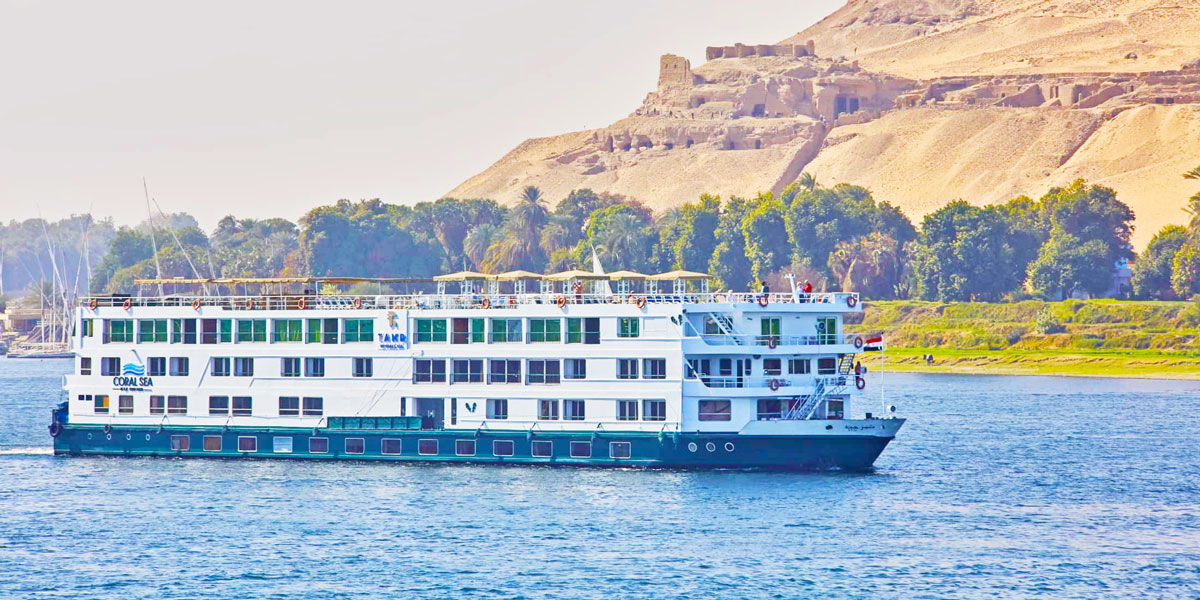Whether for business pleasure or pilgrimage, travel is usually a great experience. Excitement can sometimes, however, give way to emergencies while traveling, spoiling the excitement. Being prepared for all the unforeseen things that can happen in your travels makes a trip safe and smooth. A comprehensive plan is necessary for medical issues or natural disasters, such as contagious infections or large crowds.
This article discusses some of the main emergencies that can occur while traveling and gives helpful hints on preparing for each one.
Emergencies Due to Large Crowds
Traveling in peak seasons or events with an excessively large crowd increases the risk of accidents or emergencies because large crowds normally lead to accidents, pickpocketing, or stampedes when urged into a crisis.
Plan if you will participate in events such as a festival, a pilgrimage, or some other large special gathering.
For instance, the Jubilee Year in 2025 is ongoing, with millions expected to visit Rome for the pilgrimage. With that many people in one place, the chances of accidents, emergencies, or health-related complications increase. To prepare:
- Keep Informed: Before attending that event, find out whether there are crowd management protocols, safety measures, or developments by local authorities or the event organizers. Many cities have provided special apps and resources to keep pilgrims informed on their safety and changes to the regular schedule.
- Have a Meeting Point in Case You Separate: If you depart from your travel companions, be sure to agree on a meeting point beforehand. Recharge your phone battery, and share your itinerary with loved ones for easy tracking.
- Avoid Crowded Areas During Peak Times: Try to visit crowd-pleaser spot areas at off-peak times when people are not crowded, as there is much less risk of accidents or getting lost.
Medical Emergencies
Medical emergencies are among the hardest and most stressful interruptions to travel. Whether due to injury, sudden illness, or the aggravation of a pre-existing condition, preparation is critical.
- Pack a First Aid Kit: A basic first aid kit can contain bandages, antiseptic wipes, medications to relieve pain, and prescription medications. Try to include an inhaler or insulin in case of any medical devices.
- Know Your Medical History: Carry a copy of your medical records, including allergies, chronic conditions, and current medications.
- Locate Local Health Care: Research hospitals or clinics near your destination and note their contact details.
- Get Travel Insurance: Make sure medical emergencies are included, even in evacuation cases.
Lost or Stolen Items
Another very common emergency while traveling is losing important belongings like your passport, wallet, or even phone. While this tends to cause minor inconvenience, if it is not quickly sorted out, it can cause significant disruption to the trip.
- Keep Your Valuables Safe: Keep important documents and cash close to your body using a money belt or neck pouch. Do not carry large amounts of cash or valuables in easily accessible spaces.
- Make Copies: Digital copies are helpful in everyday life; paper copies are when traveling. Before going out of town, copies of passports, travel insurance, credit cards, bank accounts, and other important documents should be made. It would be easier to replace these documents in case of loss.
- Report Fast: After your possessions are stolen, report to the local authorities and embassies or consulates. Most embassies can assist in replacing passports and offer guidance on what the victim should do next.
Emergency preparedness can mean the difference between a small inconvenience and a huge disruption during travel. Medical emergencies, along with inappropriate activities by disorganized crowds, are sometimes nature’s way of marking disruptions in travel plans. In such cases, taking a few steps before something occurs will lessen the possibility of losing precious traveling time or bringing about minor inconveniences.


